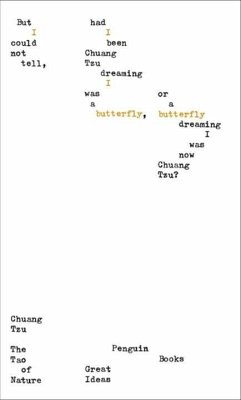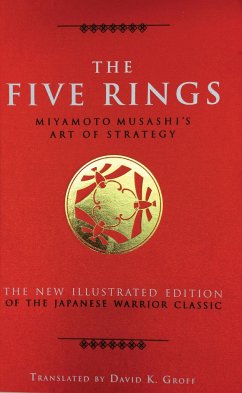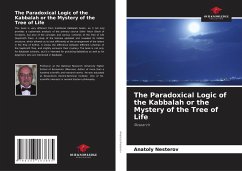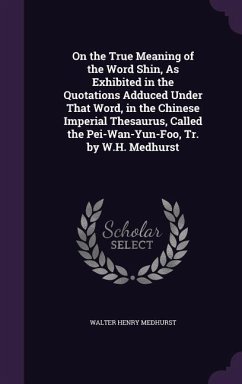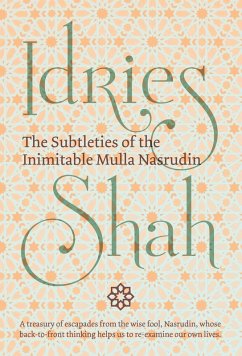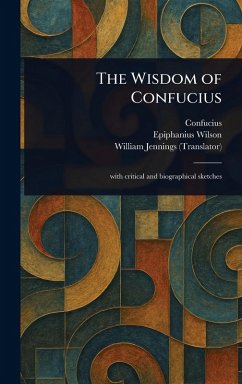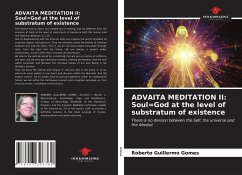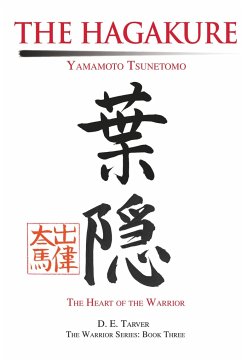Nicht lieferbar
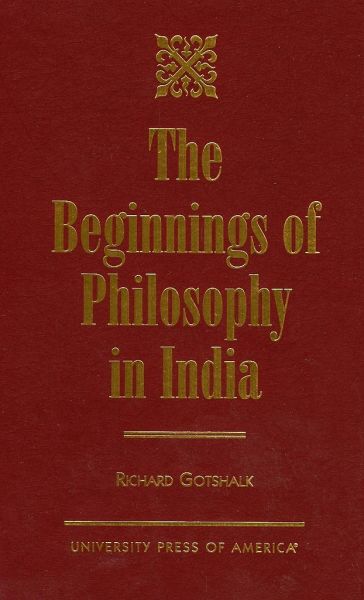
The Beginnings of Philosophy in India
Versandkostenfrei!
Nicht lieferbar
Philosophy was born in India in the late 8th century, at a crucial but troubled time in the emergence of a civilization which integrated peoples of northern India with contrasting Aryan and Indus Valley heritages. This book begins with a recalling of the extended historical dynamic that culminated in that time. Given the sketch of the historical background and matrix, the book then attempts an exposition of a number of the important Upanisads (the only surviving first-hand records of the earliest Indian philosophy). Richard Gotshalk provides fresh interpretations and translations of the Upanis...
Philosophy was born in India in the late 8th century, at a crucial but troubled time in the emergence of a civilization which integrated peoples of northern India with contrasting Aryan and Indus Valley heritages. This book begins with a recalling of the extended historical dynamic that culminated in that time. Given the sketch of the historical background and matrix, the book then attempts an exposition of a number of the important Upanisads (the only surviving first-hand records of the earliest Indian philosophy). Richard Gotshalk provides fresh interpretations and translations of the Upanisads, and places his exposition of the philosophical material in the relevant historical context. The work concludes with a brief sketch of features and emphases which mark the Upanisadic realization of philosophical thought and distinguish it from philosophy as realized in its beginnings in China and Greece. In an appendix the work also offers a translation of the parts of the eleven Upanisads treated in the main text.





